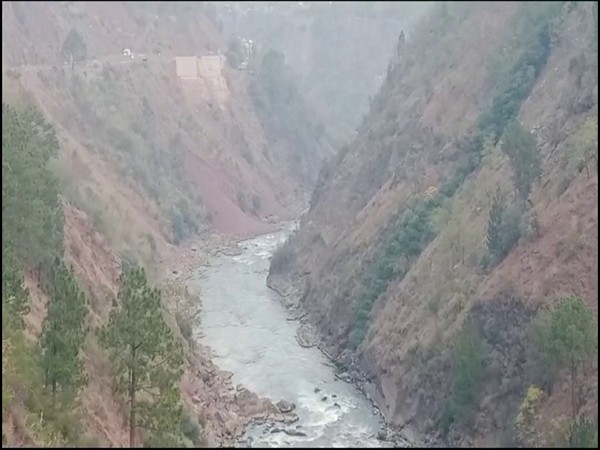Power Crisis Fuels Dissent in Pakistan-Occupied Jammu and Kashmir
Worsening electricity shortages in Pakistan-occupied Jammu and Kashmir are causing social unrest as residents demand significant improvements in governance and living conditions. Inefficiencies and corruption in projects like the Neelum-Jhelum Hydropower Project contribute to the crisis, alongside challenges in healthcare and infrastructure, leaving locals feeling neglected and marginalized.

- Country:
- PoJK
Residents of Pakistan-occupied Jammu and Kashmir are grappling with an intensifying power crisis, sparking severe hardships and escalating frustrations. The region's electricity output remains insufficient to meet demand, compounded by inefficiencies and negligence from local authorities. As tensions rise, demands for better governance and improved living conditions grow louder.
Local resident Kiyani highlighted the dire state of affairs, saying, 'The power supply is in a critical state. We need a significant increase in electricity generation. The region requires at least 3100 kilowatts to meet demand, but current generation hovers between 1200 to 1400 kilowatts. The power station, established in 1995, has been neglected for nearly three decades, with no major maintenance. Winter has slowed power production, leading to ongoing outages.'
Initially seen as a solution, the Neelum-Jhelum Hydropower Project, inaugurated in 2018, has been stalled due to technical issues and corruption. Kiyani noted, 'The project has been at a standstill for over three years. Corruption has disrupted the tunnel, and the government must investigate. They should probe who approved the NOCs and the companies allocated funds. This situation is a significant loss for the people, and the government must hold culprits accountable.'
Exacerbating the energy crisis are healthcare challenges, high unemployment, and poor infrastructure, fostering feelings of deprivation and neglect among residents. Calls for improved governance, transparency, and autonomy are growing. The failure to address basic needs and ensure accountability leaves many feeling abandoned by authorities, as they demand fair resource distribution and efficient administration to enhance their quality of life.
(With inputs from agencies.)
ALSO READ
Tensions Rise in Jharkhand as BJP Accuses JMM of Corruption Ahead of Elections
Nadda Accuses Congress-Led Government of Corruption and Mismanagement
Corruption Fallout: Lou Wenlong Expelled from Communist Party
ACB Cracks Down on Corruption in Hyderabad Municipality
Kenyan energy minister says no corruption involved in Adani energy deal










